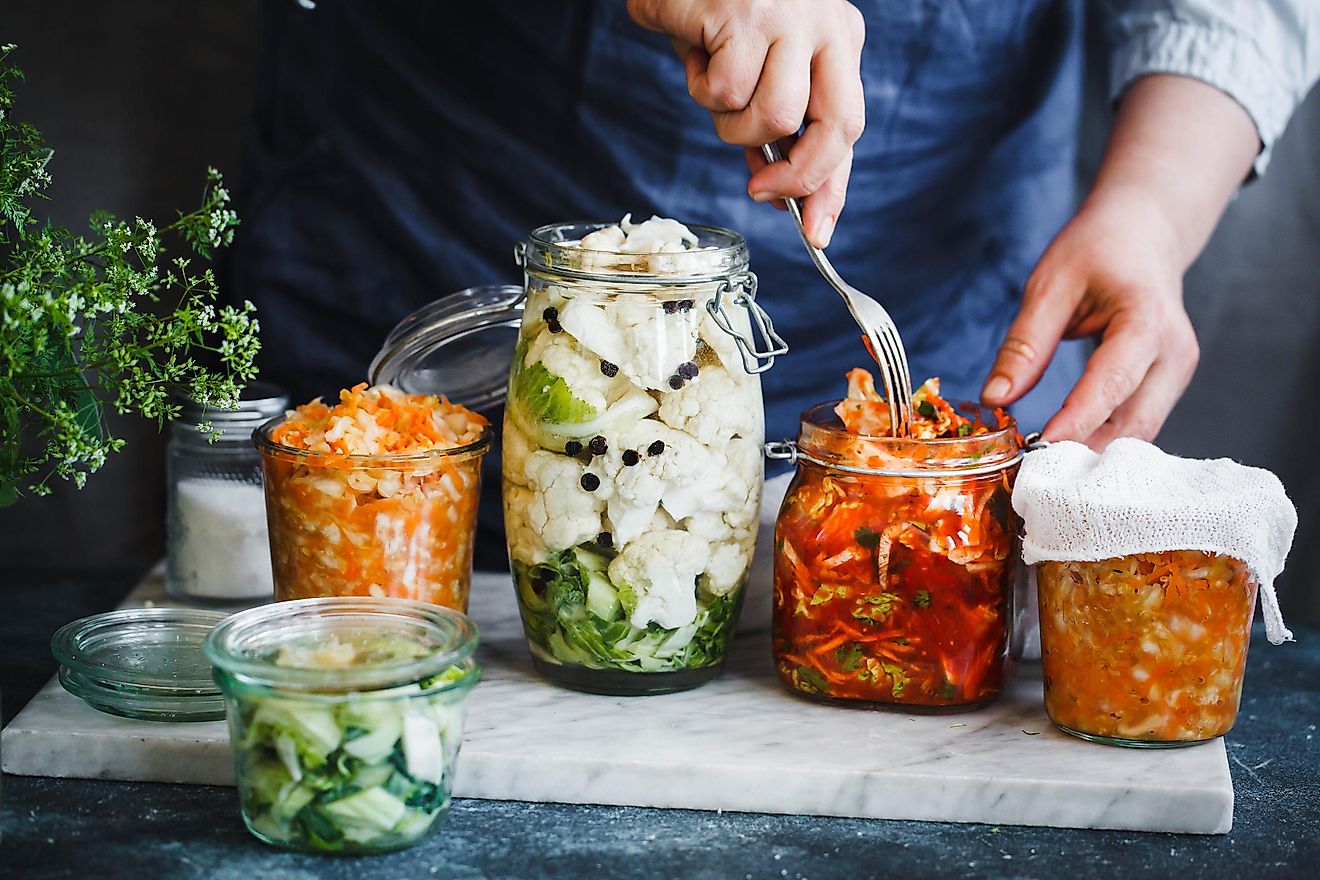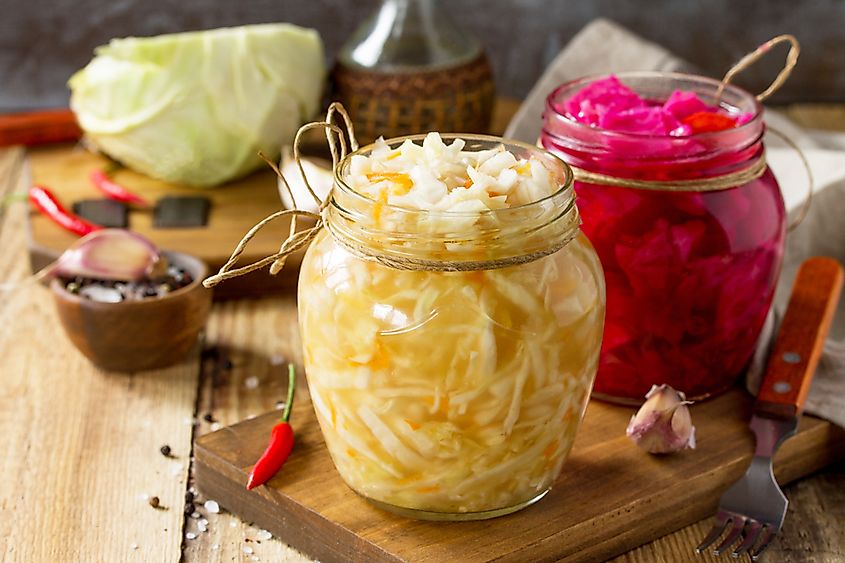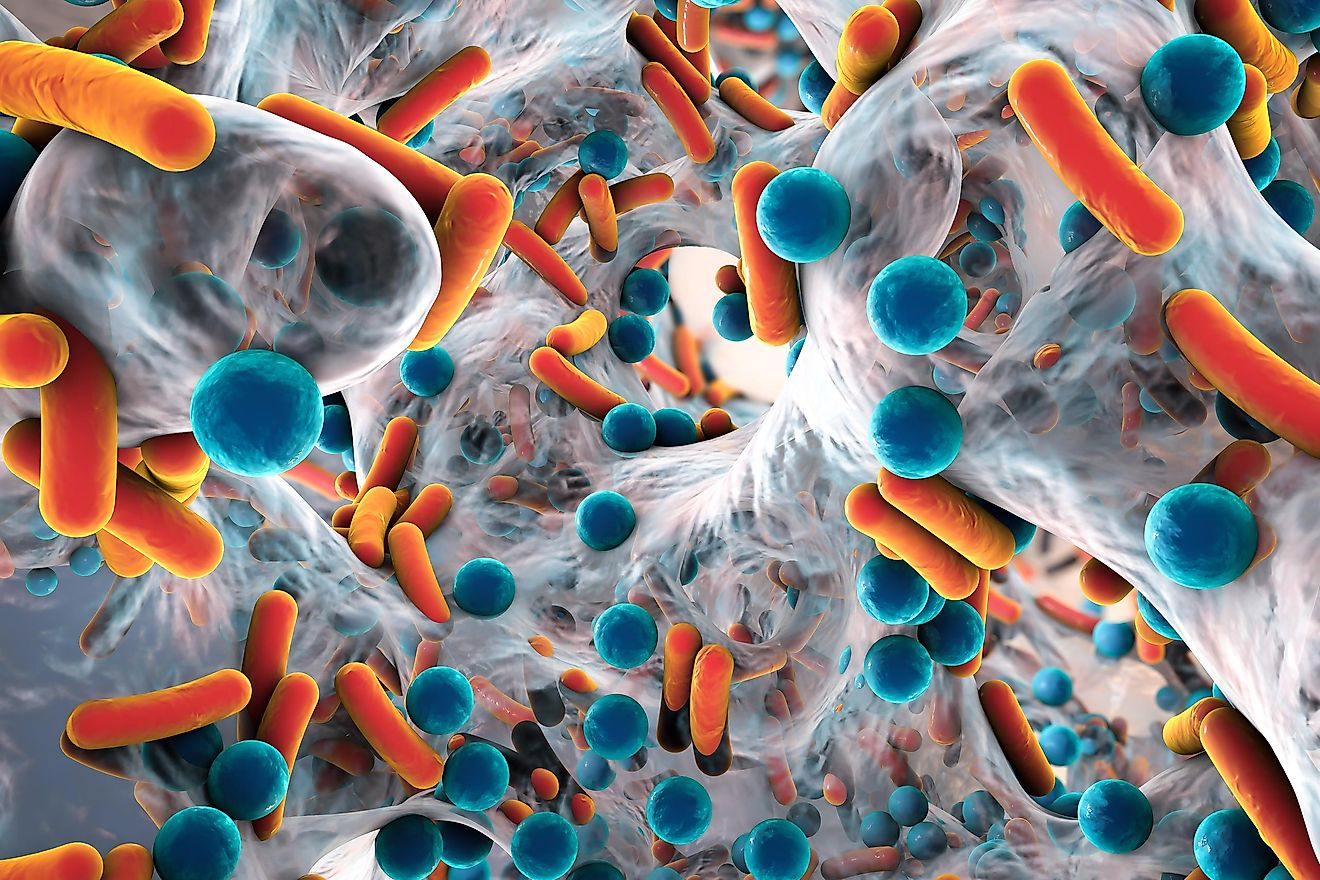What Is Fermentation?

If beer or sauerkraut is the first thing that comes to your mind, you would be right. To ease you into the scientific terminology behind the process that occurs in fermentation, let us start with the meaning behind the word.
What Happens In Fermentation?
"Ferment" comes from Latin' fervere', which is to "boil." What does happen in the process of fermentation? For fermentation to take place, it needs microorganisms. These microorganisms, like enzymes, need sugar, and starches to survive. They extract energy from it, and they do not need oxygen to do so. They need an oxygen-free environment, which is how fermentation occurs. Microorganisms like bacteria, yeast, and mold break down sugars and starches into acids and alcohol. This procedure is actually what makes food more nutritious as well as allowing us to store if for a long time without getting spoiled.
Discovery Of Fermentation
Unknowingly so, people had been using fermentation long before they understood the chemical process behind it. The two types of fermentation that are the most common are ethanol and lactic acid fermentation. We use ethanol fermentation to make beer, wine, bread, and liquor. Lactic acid fermentation is used for sour foods like pickles, sauerkraut, kimchi, and yogurt. However, it was Louis Pasteur who demonstrated that fermentation occurs thanks to the living organisms. Surprisingly, he, among other scientists, failed to prove the nature of the fermentation process. In 1897, Eduard Buechner, a German scientist, extracted "juice" from the ground up yeast and discovered that it could ferment sugar on its own. This breakthrough, which earned him the Nobel Prize in Chemistry, proved that microorganisms produce enzymes that are responsible for fermentation.

Benefits Of Fermentation
Interestingly enough, people have been fermenting food and beverages for 12 000 years. The process is one of the oldest methods used to preserve food. It is of traditional and cultural value, especially in rural places. It is thought that women have developed fermentation in the case of food scarcity. Humans and animals also experience fermentation within their gastrointestinal tracts.
Today, it is easy to come across terms such as probiotics and healthy gut. We are exposed to an unhealthy environment and food, which makes us more aware of how to properly take care of ourselves. Eating food rich in probiotics is usually the first piece of advice one might give you. Fermented food is extremely rich in probiotics, and it helps maintain a healthy gut. And you've probably heard the saying "Healthy gut, healthy you!" Probiotics boost your immune system, whereas the gut is responsible for producing anti-tumor, anti-viral, antifungal, and antibiotic substances. Fermentation helps in absorbing vitamins and minerals in food. It boosts your B and C vitamins, riboflavin, biotin, thiamin, niacin, and folic acid.
Tips For Fermenting Your Food
Firstly, you need a "starter" set of cultures, like whey, which is found in yogurt, or "symbiotic colony of bacteria and yeast" if you want to make kombucha. These cultures already contain microorganisms, so when you add them to food, they will multiply, which will speed up the fermentation.
It would be best if you used clean equipment, make sure there is no oxygen exposure, store your food in a proper container, like a mason jar. Finally, you need to find out the best temperature for the fermentation process. It is not the same for all types of fermented foods.











